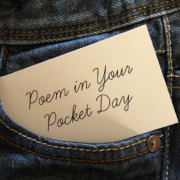Day 21: Blessings for Parents
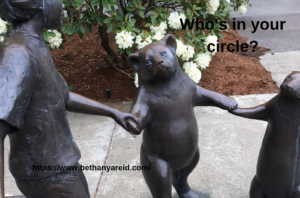 Today’s assignment at POETRYisEVERYTHING is to write a parody of a well-known poem. I decided, instead, to write an imitation.
Today’s assignment at POETRYisEVERYTHING is to write a parody of a well-known poem. I decided, instead, to write an imitation.
One can’t improve on the Beatitudes from Matthew, but they make for an interesting foundation, a kind of map to explore other kinds of blessings. (I remembered, as I worked on my imitation, that “to bless” means, etymologically, “to wound.”) I started writing with the intention of being light, and then it…sort of changed. I’ll let it compost in the drafts file and see if something else cooks up from it.
Beatitudes for Parents
Blessed are the parents of infants, sleep starved as mystics, endlessly rocking, for they shall see visions of all that is possible.
Blessed are the parents of toddlers for they shall learn the limits of earthly patience.
Blessed is any parent of an ailing child for they shall be exposed to their own limitations, they will learn the limits of their own too-permeable limits.
Blessed are the parents of seven-year-olds for they shall be called wise and, if truly wise, they will know how foolish and how brief wisdom can be.
Blessed are the parents of fourteen-year-olds, for, as in the days with toddlers, they will grow infinite patience and yet none will call them wise.

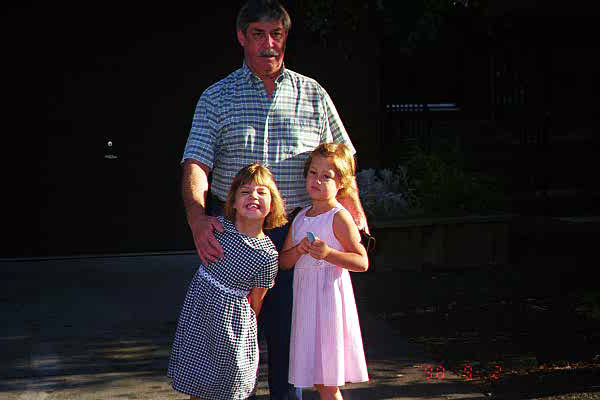
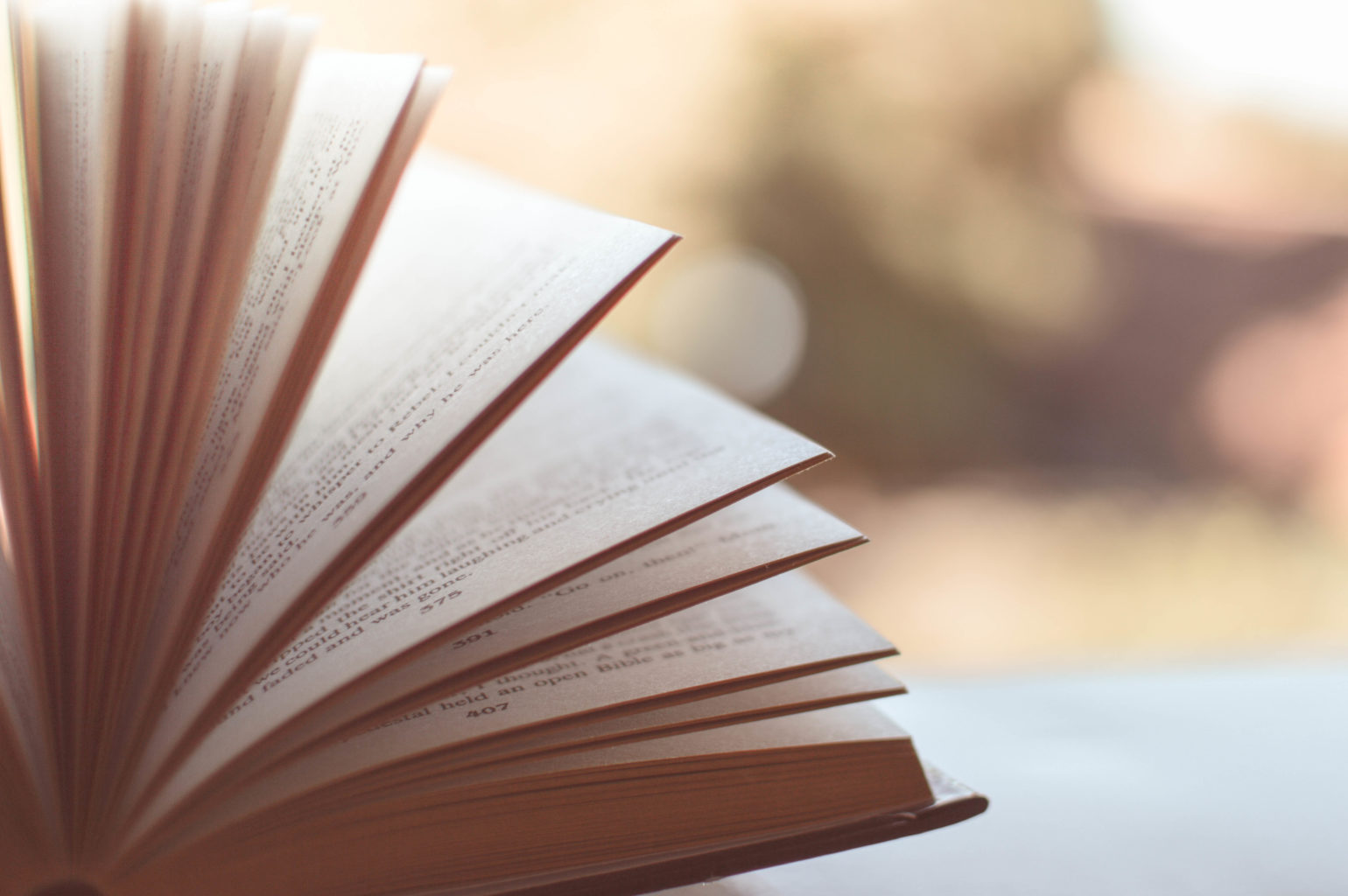
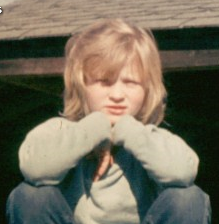
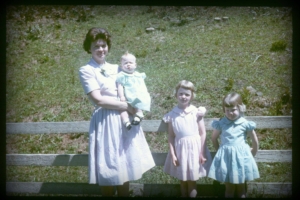 The assignment today is to write about a family photograph. As it is also Easter, I thought I’d share an Easter photo from my childhood. My parents took one of us every year — from when there were three kids, to the time my older brother left home. About.
The assignment today is to write about a family photograph. As it is also Easter, I thought I’d share an Easter photo from my childhood. My parents took one of us every year — from when there were three kids, to the time my older brother left home. About.